
Tachy-brady syndrome can be a particular management challenge in an elderly patient. How would you manage Mrs Robertson?

Tachy-brady syndrome can be a particular management challenge in an elderly patient. How would you manage Mrs Robertson?

Concurrence of AF and SSS is common in older patients and presents a treatment conundrum. Can you balance safety and efficacy in this patient?

What are the most important vaccines your patients with diabetes should receive?

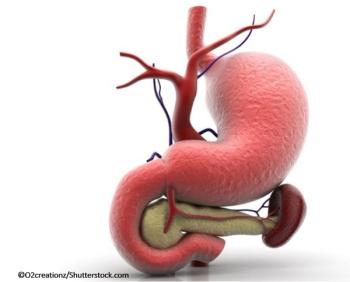
Results unequivocally support early, aggressive, and sustained risk factor control in patients with complicated type 2 diabetes.
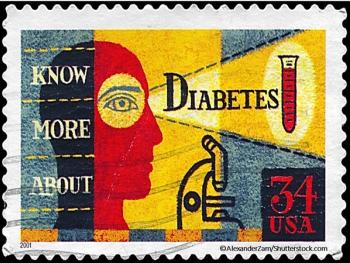
Wild variations in treatment success and how T2D differs in youth and adults top the diabetes news. Click inside for highlights.
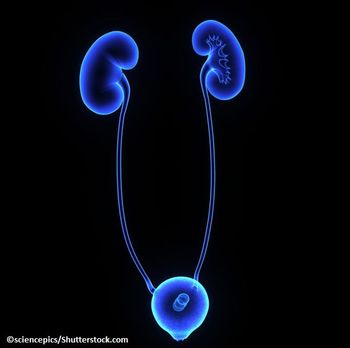
The renal protective effects seen with the SGLT2 inhibitor canogliflizin may be independent of glycemic control, suggest authors of a new post-hoc analysis.

Authors of a new study note that a simple self-report question about mental health history in patients with ADR may lead to important intervention.

A large Danish study compared community antibiotic use and hospital-treated infections between people with and without type 2 diabetes.

A Swedish study in twins has drawn criticism for limitations but the results reinforce the strong link between obesity and type 2 diabetes.

Flu deaths are higher among persons with chronic conditions, like T2DM. Flu vaccination should be part of comprehensive secondary prevention.

Brief slideshow summaries highlight Pokémon’s potential for diabetes prevention and other noteworthy study findings.

The good news is that a few diabetes drugs now show valid cardioprotective benefits; the bad news is the drugs are unaffordable for many.
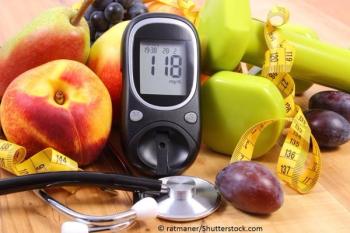
Results of the intensive 12-week intervention included a significant drop in healthcare utilization, missed work days, and A1c levels.

New findings and guidelines translate into better awareness, understanding, and clinical decision making.

What specific symptoms might be more likely in children with a family history of MI vs those with a history of diabetes?
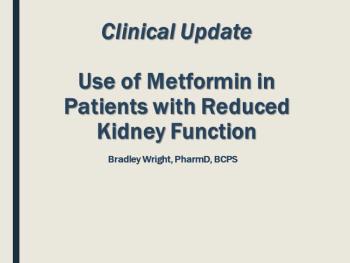
FDA is requiring a class labeling change that will allow many more diabetes patients to benefit from metformin.

And the parameters of hypoxemia may be more sensitive than the apnea–hypopnea index.

This short slideshow highlights four new studies on eating habits that demonstrate how diet may affect patients’ health.

Low thyroid function predisposes to weight gain, which may partly explain the association with higher risk of diabetes.
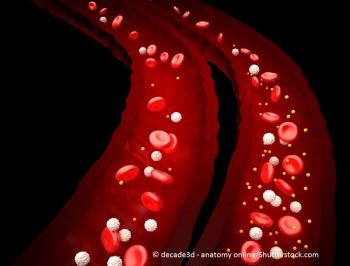
Associations between diabetes and heart failure, insulin resistance, cancer, and non-alcoholic fatty liver disease have been identified.
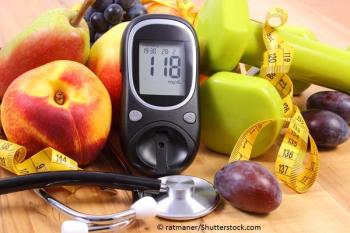
Even patients who have had the condition for up to 10 years can reverse it by losing weight and then maintaining the weight loss.

Pioglitazone may prevent repeated cardiovascular events in some patients. Combined with omega-3 fatty acids, the drug also can improve lipid metabolism.

Recent research reveals how social media can help young patients avoid disease complications, how EHRs may ID patients for screening, and other findings.

Tonic or poison? Elixir or toxin? These slides offer a quick review of the latest findings on the health pros and cons of imbibing.